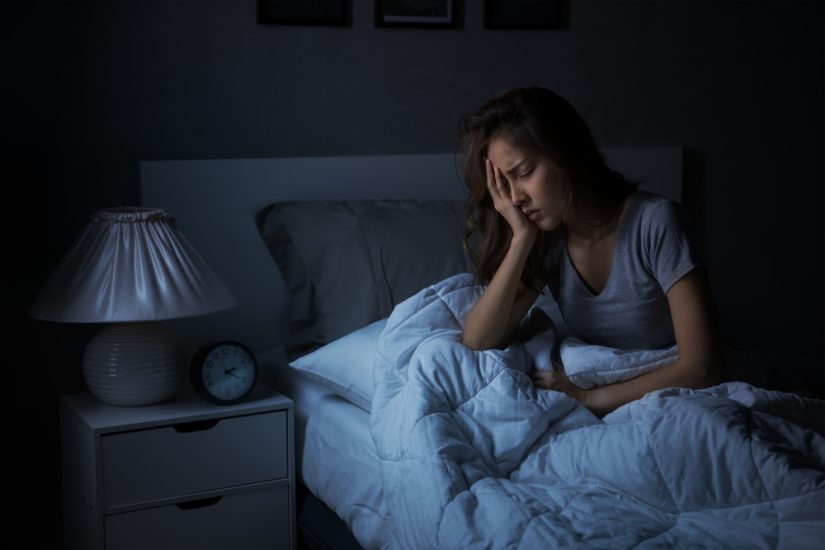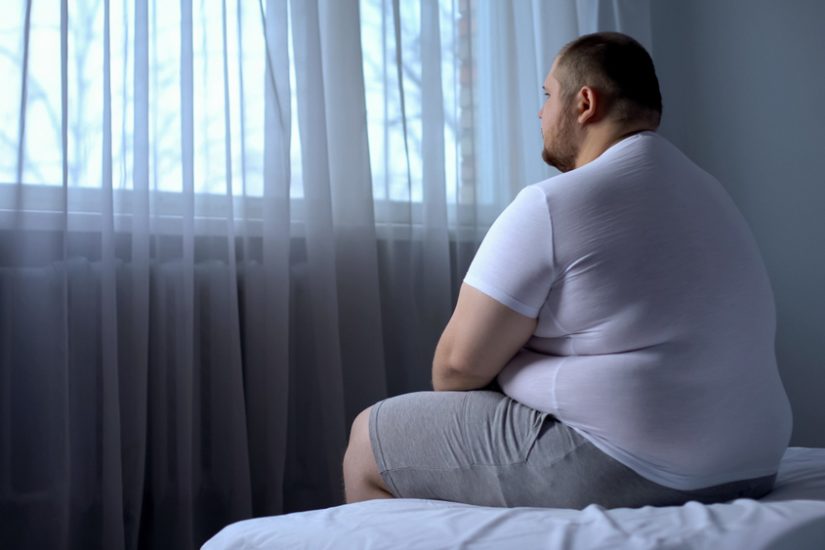- December 31, 2023
- by Shalini Murmu
- Sleep disorder
Do you ever wake up in the middle of the night feeling like you can’t move or speak, completely paralyzed? If so, you may be experiencing sleep paralysis, a temporary loss of muscle control that affects millions of people worldwide. Understanding the causes, symptoms, and treatment options of this phenomenon can help you overcome its unsettling effects and enjoy a more restful night’s sleep. Explore everything you need to know about sleep paralysis.
Sleep paralysis is a temporary inability to move or speak that occurs when falling asleep or waking up. During these episodes, the mind is awake, but the body remains paralyzed, creating an eerie sensation of being trapped in one’s own body. This phenomenon is generally accompanied by vivid hallucinations and a profound sense of dread, making it a truly harrowing experience for those who endure it.
Causes Of Sleep Paralysis
- Disrupted sleep patterns
Sleep paralysis is closely linked to irregular sleeping habits. Those who experience inconsistent sleep schedules, frequent disturbances during the night, or sleep deprivation are more prone to these episodes.
- REM (Rapid Eye Movement) sleep
Sleep paralysis is most likely to occur during the REM stage of sleep, a phase associated with vivid dreams. The body enters a state of temporary paralysis during REM sleep to prevent people from acting out their dreams. When this mechanism malfunctions, sleep paralysis can occur.
- Sleep disorders
Conditions such as narcolepsy, insomnia, and sleep apnea can increase the likelihood of experiencing sleep paralysis. These disorders disrupt the natural sleep-wake cycle, contributing to the occurrence of this phenomenon.
- Stress and anxiety
Psychological factors play a significant role in the quality of sleep one may have. Elevated levels of stress, anxiety, or a history of trauma can trigger episodes, as the mind struggles to transition between wakefulness and sleep. Additionally, certain medications or substance abuse can also contribute to the occurrence of sleep paralysis episodes. Understanding these psychological factors can be crucial in managing and finding effective treatments for individuals suffering from sleep paralysis. This can lead to intense feelings of fear and helplessness.
Symptoms Of Sleep Paralysis
- Inability to move or speak: The hallmark symptom of sleep paralysis is the temporary paralysis of voluntary muscles, which makes it impossible for a person to move or talk.
- Hallucinations: Sleep paralysis often involves vivid hallucinations that can range from harmless to terrifying. These hallucinations may include shadowy figures, a sense of impending doom, or even out-of-body experiences.
- Breathing difficulties: Some may report a feeling of pressure on the chest as though being compressed by something or difficulty breathing during sleep paralysis episodes, adding to the unsettling nature of the experience.
- Sense of presence: Many who undergo sleep paralysis describe a feeling very much like there is someone else in the room with them, intensifying the feeling of vulnerability and fear.
During sleep paralysis, people may attempt to break free from the immobilized state. Efforts to move or speak often bring out feelings of frustration and increased anxiety as the paralysis persists. When the episode ends, either naturally or through deliberate effort, there is often a profound sense of relief. Returning to full control of one’s body and the ability to move can bring a stark contrast to the previous feelings of helplessness.
Usually after the episode, one might reflect on the strange and surreal nature of the experience. The distinction between dream and reality can blur, leading to a period of introspection and attempts to make sense of the encounter. There are also cases where people fear getting back to sleep and lack of sleep further exacerbates the conditions of sleep paralysis. This forms a vicious loop and seeking professional help becomes of utmost importance to stabilize the mental state.
Most people who experience it infrequently do not suffer long-term consequences. If, however, someone is consistently troubled by sleep paralysis or it significantly affects their mental health and daily functioning, consulting with a healthcare professional or sleep specialist is recommended for further evaluation and guidance.
Treatment For Sleep Paralysis
Treatment approaches may involve a combination of strategies aimed to improve one’s sleep and mental health side by side.
- Sleep Hygiene Education:
Sleep experts often focus on educating people about the importance of maintaining a consistent sleep schedule and creating a comfortable sleeping environment. Establishing a regular bedtime routine and optimizing the bedroom lighting for sleep can contribute to more stable sleep patterns.
- Cognitive-Behavioral Therapy For Insomnia (CBT-I):
CBT-I is a structured therapeutic approach that targets the cognitive and behavioral factors contributing to insomnia and other sleep disorders. It involves techniques such as cognitive restructuring, sleep restriction, and stimulus control to improve sleep quality.
- Stress Management Techniques:
Since stress and anxiety are common triggers for sleep paralysis, mental health professionals may incorporate stress management techniques into their treatment plans. This can include mindfulness meditation, relaxation exercises, and stress-reduction strategies to promote overall mental well-being.
- Treatment Of Underlying Sleep Disorders:
If a person has an underlying sleep disorder such as narcolepsy, insomnia, or sleep apnea, addressing and managing these conditions can significantly reduce the occurrence of sleep paralysis. Treatment may involve medications, lifestyle adjustments, or other therapeutic interventions.
- Medication Management:
In some cases, sleep experts or healthcare providers may consider medications to address specific aspects of sleep paralysis or associated conditions. This approach is typically reserved for more severe cases and is carefully tailored to the people’s needs.
- Sleep Position Adjustment:
Changing sleep positions, such as sleeping on the side rather than the back, may be recommended to reduce the likelihood of sleep paralysis episodes. This simple adjustment can sometimes make a significant difference.
- Scheduled Awakenings:
Sleep experts may recommend a technique known as scheduled awakenings, where you are gently awakened before the usual time sleep paralysis occurs. This disrupts the sleep cycle and may prevent the occurrence of episodes.
- Continuous Positive Airway Pressure (CPAP) Therapy:
Using a CPAP machine may be advised if sleep apnea is a factor in the onset of sleep paralysis. CPAP therapy helps keep the airways open during sleep, reducing the disruptions that can trigger sleep paralysis.
- Supportive Counseling:
People experiencing sleep paralysis may benefit from counseling or therapy to address any psychological aspects contributing to the phenomenon. Understanding and managing stressors, fears, or traumatic experiences can be an integral part of the treatment process.
Treatment plans are typically personalized, taking into account the specific symptoms, triggers, and overall health of the individual. If someone is struggling with sleep paralysis or related sleep issues, consulting professional guidance can provide valuable insights and tailored strategies to improve their sleep quality and overall well-being.
Conquer Sleep Disorders With Our Expert Help!
Connect with North America Behavioral Health Services, your gateway to premier mental health facilities. Our network guides you to top-notch resources for overcoming any mental health condition. Take the first step towards well-being and let us lead you to expert care and support.













